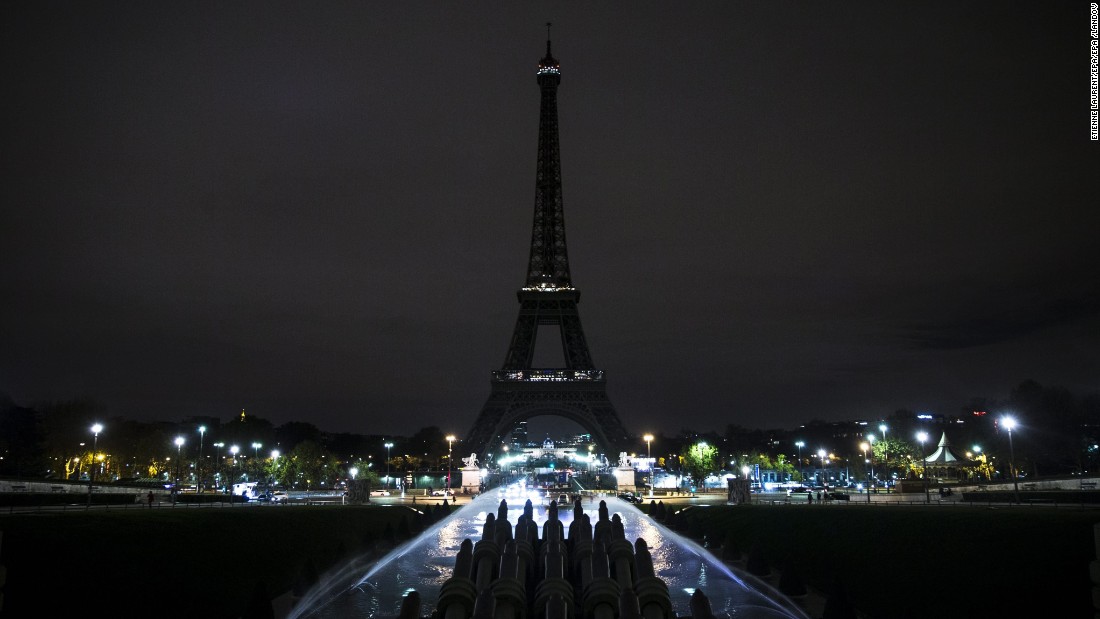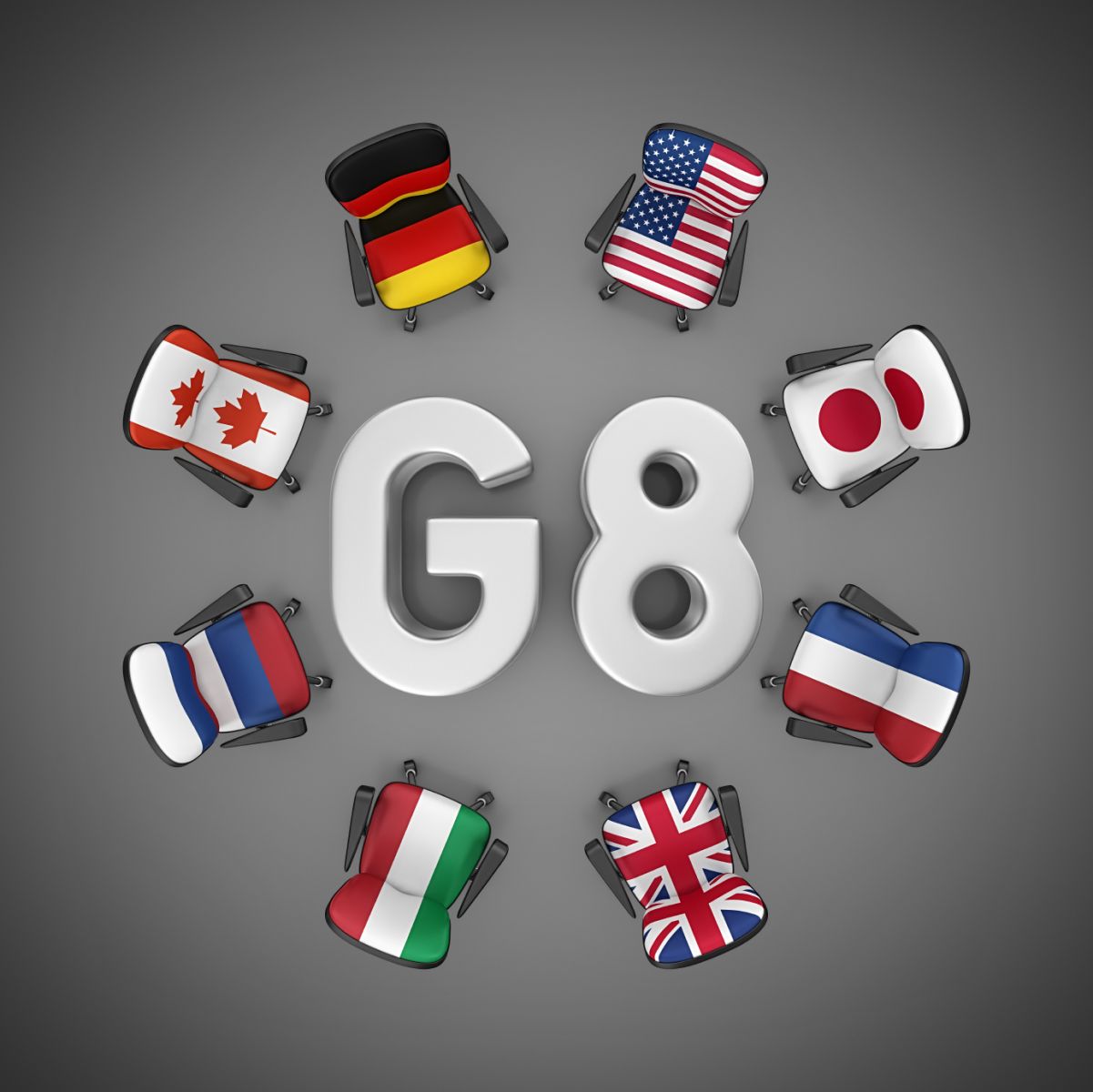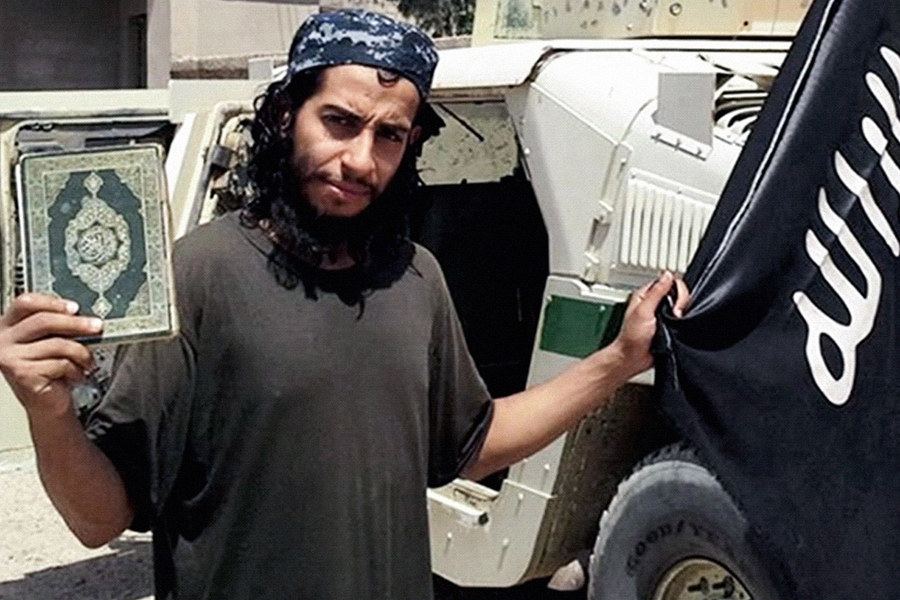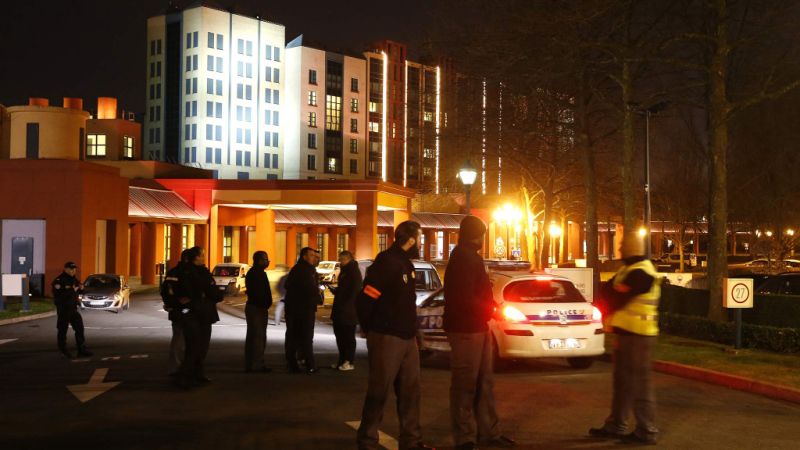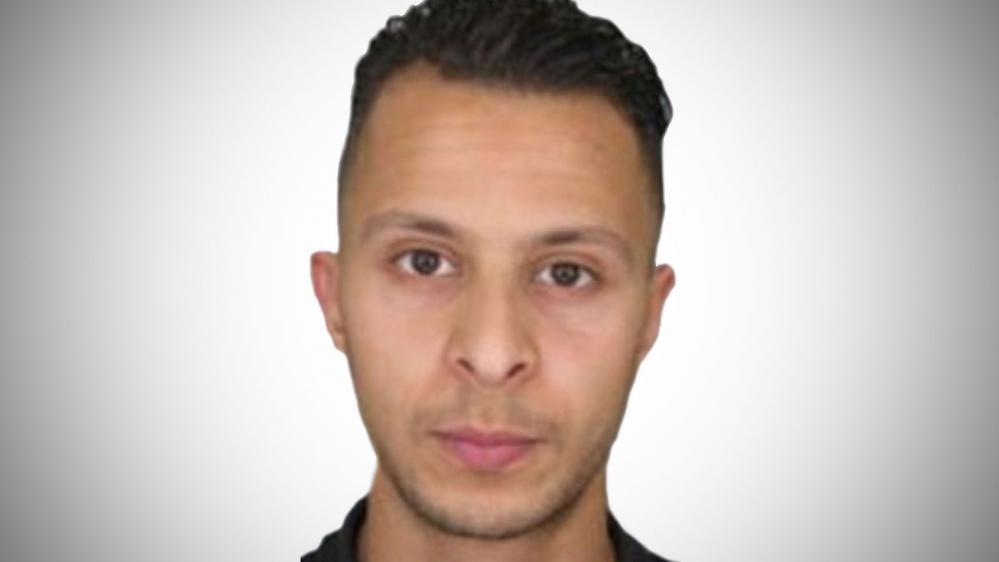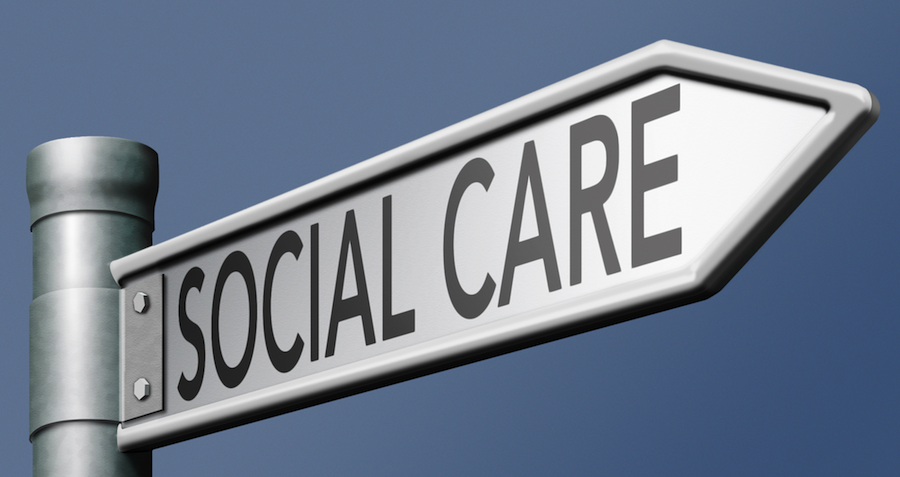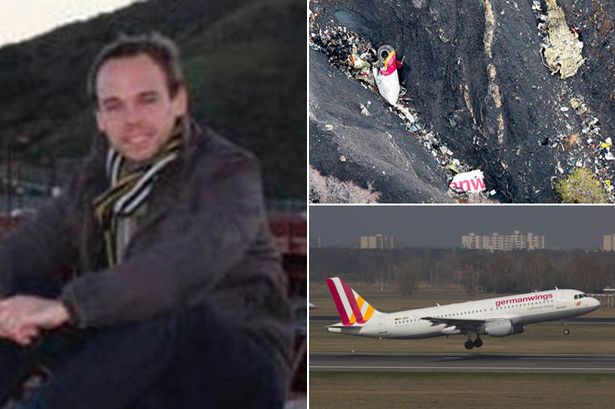Fridays attacks in Paris
There can be nothing more Parisian than a restaurant or café terrace on a balmy evening, though balmy evenings in November used to be rare.
The terrorists who machine-gunned pavement terraces in the 10th and 11th arrondissements of the French capital chose their targets with care. This is the Parisian Hackney – a once-gritty haunt of the young and trendy.
The kind of people who drink or eat on the rue de Charonne or on the rue Bichat, or who attend gigs at the Bataclan rock venue, are not supporters of Marine Le Pen or even Nicolas Sarkozy. They are young, liberal-minded and tolerant – precisely the kind of people that Islamic State, and its deluded minions, most despise.
After the jihadist attack on Charlie Hebdo 10 months ago, the Western world decreed that an attack on a satirical magazine was an attack on all of us. A slogan swept the globe: “I am Charlie”.
What slogan could possibly encompass the random carnage of Black Friday, 13 November 2015? Restaurant- and rock-concert-goers were slaughtered – not because they were cartoonists, or Jews, or policemen, or soldiers, but because they were French and because they were young, tolerant and carefree.
There is no point in proclaiming our solidarity or kinship with the victims of the multiple massacres of Paris. They are already us; and we are already them.
The jihadist war against the West has entered a horrifying – and horrifyingly predictable – new phase. How can any government protect every bar or every concert hall or every sporting event?
This was the primary message of the kamikaze bombers and gunmen. You are all targets now.
President François Hollande spoke of a “war on France” waged by a “terrorist army, the Islamic State”. He called on France to close ranks against “barbarism” to defend the “values of our country which are the values of humanity”.
The likelihood is, however, that many of the eight terrorists who died in Friday’s outrage were French-born and educated in the humanist, universal values of the French Republic. More than 1,000 French men and women, young Muslims or Muslim converts, have joined the ranks of the Islamic State group.
Some have returned, disgusted by what they have seen.
Others have almost certainly returned to attack the country that reared them.
The overwhelming majority of France’s 3,000,000 Muslims are law-abiding , hard-working citizens. All the same, the alienation of many second or third generation immigrants – not all of them Muslims – exploded in suburban riots exactly 10 years ago.
Strangely, it seemed to many at that time, the disturbances were confined almost entirely to the banlieues, or multiracial, hard-scrabble suburbs. The rioters made few attempts to penetrate the invisible force field of white middle-class affluence and opportunity which protects large towns and cities.
That was the other message of the Black Friday murderers – you, the well-heeled urban French, are no longer immune to the troubles of the darker, harder world beyond the Paris ring road.
I spoke recently to a community leader in Clichy-sous-Bois, where the 2005 riots began. Nothing much had changed, he said, in terms of opportunity for the poor, suburban young. What had changed in the past decade was the spread of religious extremism.
The 2005 riots were apolitical, an explosion of anger against the police, he said. Ten years on, a minority of that rioting minority has – like some young Muslims in Britain or Belgium or Germany – converted their disaffection into support for the morbid, anti-Western, but also anti-Islamic, ideology of Islamic State.
The strategy of IS is manifest: to fuel the suspicion, or even hatred, of Islam and Muslims which is already widespread in France, and to create the conditions for a racial, or religious, civil war.
In its statement claiming responsibility, Islamic State said the targets had been “carefully chosen”. All the attacks occurred close to the Charlie Hebdo offices.
More to the point, they concentrated on a sector of young Parisian society which is usually resistant to the anti-Islam – not just anti-Islamist – drum beat of the French right.
Far-right and hard-right politicians were already talking excitedly of the need for repressive measures to respond to Friday’s slaughter. The Front National could hardly contain its glee at the impact that Black Friday may have on its vote in regional elections next month and the presidential election in 2017.
More repression. More alienation. More division. More violence.
The alternative path is equally clear but much harder to follow. The “majority” community must be firm with the terrorists but reject facile anti-Islamism. Muslim leaders must act more strongly against the vile perversion of their religion by the jihadists.
We may or may not all be “Charlie”. We are all – whatever our race or religion – victims of Black Friday.
Everything we know so far on Sunday afternoon
At least 103 of the 129 people who were killed in seven separate attacks across Paris have been identified
What has happened?
There have been seven apparently coordinated terror attacks in Paris carried out by at least seven militants, all wearing suicide vests. At least 129 people are feared to have been killed and 352 are injured.
First two attacks: Stade de France

The deadliest attack of the night came at a concert venue on Boulevard Voltaire, also in the 11th district, where Californian rock group Eagles of Death Metal was playing. The 1,500-seat Bataclan hall was sold out.The Paris chief prosecutor said three attackers wearing suicide belts were involved – earlier reports spoke of four attackers. Witnesses said they arrived in a black Volkswagen Polo then stormed in through the main entrance and into  the back of the concert hall.
the back of the concert hall.
Eighty-nine people died as the men fired Kalashnikov-type assault rifles into the crowd. At least 99 others are in a critical condition in hospital.
Shooting: Le Carillon
Meanwhile, other attacks were unfolding nearer to the centre of town, around popular nightlife spots. The first took place at about 21:25 in the 10th district (arrondissement), not far from the Place de la Republique.

The Belle Equipe attack was the second deadliest of the night.According to the Paris prosecutor, witnesses thought the gunmen arrived at the scene in a black Seat car.Witnesses at Le Carillon bar, 18 rue Alibert, said they initially thought a firecracker had gone off before realising that they were under fire from semi-automatic rifles.
“People dropped to the ground. We put a table over our heads to protect us,” said Ben Grant, who was with his wife at the back of the bar.
21:32 Diners shot in Rue de la Fontaine au Roi
Then came an attack on diners a few streets south of rue Alibert, in front of the Cafe Bonne Biere and La Casa Nostra pizzeria in rue de la Fontaine au Roi. Five people were killed and eight were severely injured.
Again, witnesses reported that the gunmen were travelling in a black Seat.
Shooting: Le Carillon
Meanwhile, other attacks were unfolding nearer to the centre of town, around popular nightlife spots. The first took place at about 21:25 in the 10th district (arrondissement), not far from the Place de la Republique.
According to the Paris prosecutor, witnesses thought the gunmen arrived at the scene in a black Seat car.
Witnesses at Le Carillon bar, 18 rue Alibert, said they initially thought a firecracker had gone off before realising that they were under fire from semi-automatic rifles.
“People dropped to the ground. We put a table over our heads to protect us,” said Ben Grant, who was with his wife at the back of the bar.
The investigation
— First on CNN: Investigators have recovered multiple cell phones at the scenes of the attacks believed to belong to the attackers, a possible big break that could help unravel the plot and the suspected network behind it, counterterrorism and intelligence officials told CNN’s Evan Perez and Shimon Prokupecz. According to the officials, at least one phone contained a message, sent some time before the attacks began, to the effect of: OK, we’re ready. French investigators have found encrypted apps on the phones, the officials said. The apps appear to have left no trace of messages or indication of who would have been receiving the messages, according to officials briefed on the French investigation.
— Authorities think there’s a second suspect from the Paris attacks on the run, French Ambassador to the United States Gerard Araud said. As they work to confirm whether that’s the case, police are analyzing a video recorded by a witness that may show that suspect inside a car tied to the attacks, French media reported. The video shows two gunmen inside a black SEAT and perhaps a third individual driving the car, France 2 said.
— For days, investigators have said they’re searching for suspect Salah Abdeslam. They haven’t found him yet. But on Tuesday, French media outlets reported that authorities had found a car he rented. A black Renault Clio with Belgian plates found in Paris’ 18th arrondissement, on the north side of the city, had been rented by Abdeslam, 26, police sources said, according to French media outlets.
— Abdeslam, a French citizen, was the subject of a “routine check” on a motorway in northwest Austria on September 9, said Karl Heinz Grundboeck, spokesman for Austria’s Interior Ministry. The routine check did not result in any further investigation.
— One of the voices heard in an ISIS video claiming responsibility for the attacks is that of Fabien Clain, a French senior ISIS operative, according to a French security source. Clain, who was convicted in 2009 for his involvement in al Qaeda in Iraq recruitment effort, is suspected of having a link with a plot to attack churches in Paris in April and the thwarted attack on the high-speed Amsterdam-to-Paris train in August, European security officials told CNN.
— Les Beguines, a Brussels bar registered to one of the Paris attackers, Ibrahim Abdeslam, was closed for drug-related offenses eight days before the Paris attacks, according to Molenbeek Mayor Francoise Schepmans.
— Prior to the Paris terrorist attacks, France and its allies tried to target Abdelhamid Abaaoud, the prominent ISIS member believed to have planned the attack, a French source close to the investigation said. They were unable to locate him, the source told CNN. Secretary of State John Kerry told CNN he could not confirm the report. Abaaoud is believed by counterterrorism officials to be the likely link between the senior ISIS leadership and the militant group’s operatives in European countries.
— Officials have identified three of the suicide bombers as Frenchmen Samy Amimour, Ismael Omar Mostefai and Bilal Hadfi. The newspaper, Le Monde, reports that Salah’s older brother, Ibrahim, was one of the suicide bombers. Belgian federal prosecutor Eric Van Der Sypt said the Abdeslam brothers and Hadfi were known to Belgian authorities before Friday. Hadfi was among those who attacked the Stade de France, officials said.
— Police, issuing a photo, asked for the public’s help identifying one of the suicide bomber who attacked the Stade de France. After the attack at the stadium outside Paris, police found an emergency passport or similar document identifying him as a 25-year-old Syrian using the name Ahmad al Muhammad. Authorities believe the name is fake. A police spokesman said the man in the picture is not French and they don’t know whether he’s from Syria.
Complete coverage on terror in Paris
The scene in France
— The latest Charlie Hebdo satirical magazine is expected to hit newsstands Wednesday. The cover reads: “They have the weapons. Screw them. We have the champagne!” The magazine’s office was the target of a terror attack in January.
— Russian President Vladimir Putin and French President Hollande spoke on the phone and “the two leaders paid special attention to stepping up bilateral and multilateral cooperation to counter international terrorism,” the Kremlin said.
— Hollande will visit Washington next week, U.S. Secretary of State John Kerry said.
— French authorities carried out 128 new security raids overnight, officials said. They put 23 people into custody, 104 under house arrest and seized weapons that include a rocket launcher.
Who were the suspects behind the attacks?
Around the globe
— German officials said they haven’t found any explosives or made any arrests at a stadium in Hannover, Germany, which was evacuated just before a friendly match between Germany and the Netherlands. Officials canceled the match after police uncovered “serious plans for explosives,” police official Volker Kluwe told German public broadcaster NDR. German Chancellor Angela Merkel scrubbed plans to attend. Why did they call off the match? French intelligence came in “regarding a radical Islamist living near Hannover, allegedly planning to attack (a) ‘football event,’ ” said Florian Flade, a security analyst and reporter who spoke with German intelligence and security officials.
— A soccer match between Belgium and Spain, scheduled in Brussels, was also canceled for security concerns.
— The France-England soccer friendly kicked off under tight security at Wembley Stadium in London. Players and fans united to sing the French national anthem, followed by a minute of silence. “I’m proud to have been at Wembley tonight as thousands of football fans sang ‘La Marseillaise’ to show solidarity with France,” British Prime Minister David Cameron tweeted.
— Earlier Tuesday, Cameron told Parliament he would try to convince lawmakers to approve airstrikes against ISIS in Syria. Presently, the UK is participating only in strikes on Iraq.
— Kerry said a new coalition that includes Iran and Russia “gives us an opportunity to, perhaps, get a ceasefire in place within the next three, four, five weeks,” ending a civil war in Syria that’s been ongoing since 2011.
— The Russian Metrojet plane jet that crashed over the Sinai last month was brought down by a bomb estimated to contain 1 kilogram (2.2 pounds) of explosives, the head of the Russian Federal Security Service said. ISIS claimed responsibility for the attack. Russia is offering $50 million for information leading to the arrest of those responsible. Egypt’s government said it would “take into consideration” the Russian findings.
— Ten French warplanes were involved in overnight airstrikes on the ISIS-stronghold of Raqqa, Syria, the Defense Ministry said. Six jets delivered 16 bombs and hit a training center and command center that were part of the ISIS headquarters, the ministry said. Russia also doubled its airstrikes against Islamic State targets in Syria, Defense Minister Sergei Shoigu said, explaining that it had hit ISIS targets with airstrikes and cruise missiles in Raqqa, Deir Ezzor and Aleppo and Idlib provinces. In total, the minister said, Russia conducted 127 missions targeting 206 terrorist sites.
— More than two dozen U.S. states have said they oppose accepting any refugees from Syria. The State Department said it is taking the governors’ concerns seriously, but it remains “steadfastly committed” to bringing in 10,000 Syrian refugees next year, spokesman Mark Toner said.

